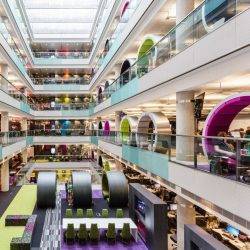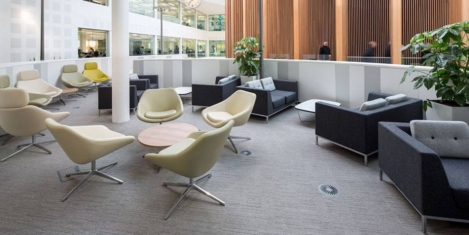October 18, 2016
Stress and overwork in the City of London remains endemic, finds research 0
 The financial services industry has never been known as a ‘touchy-feeling’ environment, and despite efforts to raise the issue of mental ill health at work, appears resolutely resistant to cultural change. This perception is reinforced by a new piece of research which claims that rising stress in the City is driving more than two out of three investment bank staff to consider quitting their job – but employees believe talking about stress or mental health issues to management will damage their careers. In a study by MetLife among decision makers at financial institutions two out of five (40 percent) think their job is extremely stressful with 67 percent considering quitting their jobs in the next year if stress levels do not improve. However, despite the impact of stress on their work and home lives, around 70 percent believe that admitting to suffering from anxiety or mental health issues will damage their career prospects and there is a reluctance to offer staff more flexible hours to help reduce the strain.
The financial services industry has never been known as a ‘touchy-feeling’ environment, and despite efforts to raise the issue of mental ill health at work, appears resolutely resistant to cultural change. This perception is reinforced by a new piece of research which claims that rising stress in the City is driving more than two out of three investment bank staff to consider quitting their job – but employees believe talking about stress or mental health issues to management will damage their careers. In a study by MetLife among decision makers at financial institutions two out of five (40 percent) think their job is extremely stressful with 67 percent considering quitting their jobs in the next year if stress levels do not improve. However, despite the impact of stress on their work and home lives, around 70 percent believe that admitting to suffering from anxiety or mental health issues will damage their career prospects and there is a reluctance to offer staff more flexible hours to help reduce the strain.



































